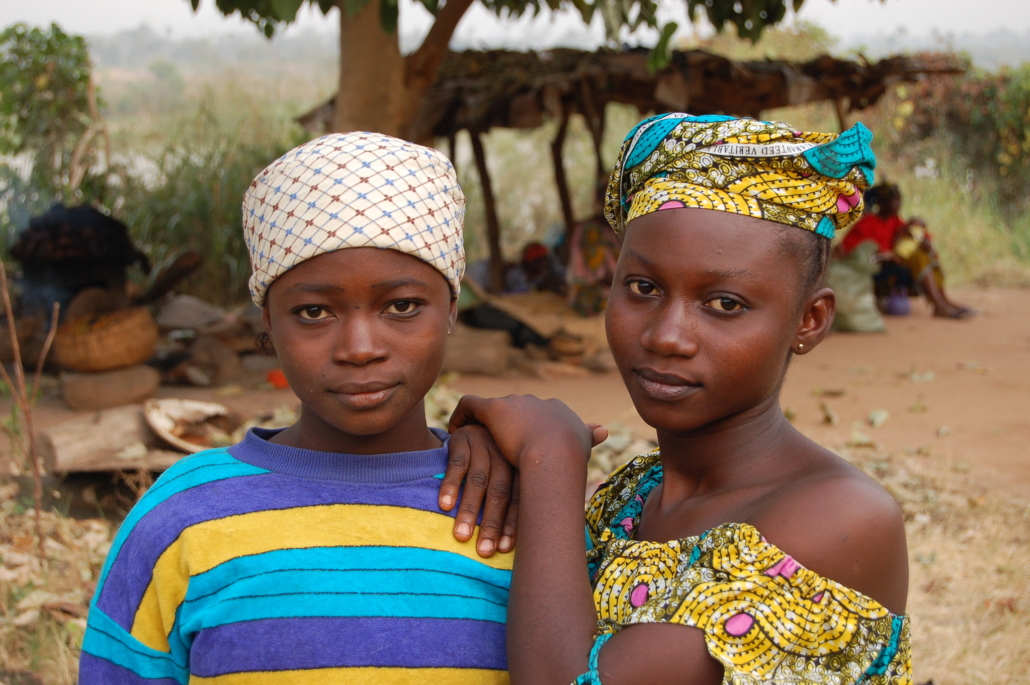Addressing Period Poverty in Niger
 Period poverty, the circumstance where menstruating females do not have access to sanitary or feminine products, is a common occurrence in many parts of the world. Although period poverty affects developed countries, including the United Kingdom and parts of the United States, it is most prevalent in underprivileged countries in South Asia and Africa, such as Niger, where nearly 25% of females are subject to this. Here is information about period poverty in Niger.
Period poverty, the circumstance where menstruating females do not have access to sanitary or feminine products, is a common occurrence in many parts of the world. Although period poverty affects developed countries, including the United Kingdom and parts of the United States, it is most prevalent in underprivileged countries in South Asia and Africa, such as Niger, where nearly 25% of females are subject to this. Here is information about period poverty in Niger.
Causes of Period Poverty
One can attribute period poverty to many factors, from social to economic; however, UNICEF explained that one of the leading causes of its presence in Niger is the “long tradition of viewing menstruation as impure.” This long-standing belief, along with cultural taboos, lack of sex education and poverty, created a stigmatization of this menstruation cycle, causing people to ignore and overlook the issue.
Another contributing factor is that period products, such as tampons and pads, are expensive to buy, especially for girls in developing countries such as Niger. In Niger and other less-privileged areas, girls and boys begin working and supporting their families at a young age to survive, often earning just enough money for the bare necessities of food, water, clothing and shelter. In these circumstances, period products almost seem a frivolous need.
Statistics and Physical Impacts of Period Poverty in Niger
United Nations Women of Africa conducted a study on menstrual hygiene in Niger in February of 2018. The results exemplified the results of a severe lack of period products, with 31% of women taking breaks from their occupation during their cycle or even quitting to avoid the embarrassment of bleeding out. One in 10 school girls was also reported to have stayed home during their cycle.
Period poverty also has a vast impact on females physically. Due to the lack of proper sanitation products, women often opt for less safe and healthy ways to manage their hygiene during their cycles. For example, Niger women frequently stuffed unclean cloth strips or foams in their undergarments rather than pads.
These poor hygiene methods, explained by the National Library of Medicine, often cause health concerns such as “reproductive and urinary tract infections, thrush, and others.” Other diseases include pelvic inflammatory disease (PID), which leads to blood loss and, eventually, anemia. These infections can easily worsen, especially without access to proper medicine.
Mental Impacts of Period Poverty
Not only does period poverty have a physical impact on females, but it also has a mental effect, as women who were subject to poverty had a significantly higher chance of developing depressive symptoms and anxiety. These feelings are also accompanied by lowered mental health, low self-esteem and lowered self-perception. The shame and stigma associated with menstruation may cause girls to feel a sense of embarrassment and a lack of self-empowerment, negatively affecting their ability to lead an enjoyable life. Period poverty especially challenges females in the workplace and at school, as they are often overwhelmed with extreme anxiety and fear.
Efforts to Combat Period Poverty in Niger
Social Voices reported that activism campaigns recognized that the main obstacle to addressing period poverty in developing countries such as Nigeria and Niger is affordability. Campaigns such as One Voice Initiative for Women and Children Emancipation (OVIWCE) and Reaching Minds Foundation have created and distributed reusable sanitary pads. These pads are made up of environmentally friendly fabrics and are durable. Women can reuse these pads month after month, cutting back the costly price of usual disposable pads.
OVIWCE has been distributing these reusable pads since 2016, and between 2020 and 2021, it claimed that they had reached nearly 5,000 people, 3,000 of them being schoolgirls. The organization also worked on teaching communities how to create reusable pads. Joseph Adebajo, the founder of OVIWCE, explained, “We had twenty staff and volunteers who had the knowledge and embarked on training people in communities we had distributed pads to in the past on how to make the pads.” Pad Up, a company in Nigeria, became one of the first African companies dedicated to creating these types of pads.
Looking Ahead
Period poverty in Niger, though not an uncommon issue, results in a plethora of consequences for young girls and women. They create diseases from unsanitary practices which are potentially deadly. Furthermore, it also has an impact on mental health, decreasing female empowerment and increasing the stigmatization of menstrual cycles. However, NGOs such as OVIWCE, among others, are currently creating and distributing reusable pads to make period poverty an issue of the past.
– Emma Luu
Photo: Flickr
